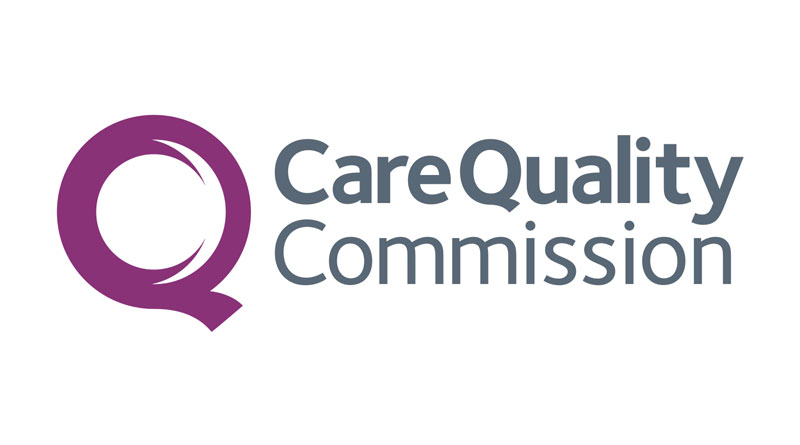NFCC And CQC Announce New Joint Working Agreement
The Care Quality Commission (CQC) and the National Fire Chiefs Council (NFCC) have published a new Memorandum of Understanding (MoU) agreement.
The agreement sets out how we will work together to safeguard the wellbeing of people receiving health and social care in England.
This important new agreement provides an opportunity for the UK Fire and Rescue Service (FRS), the NFCC, CQC, and care providers to reduce the risks of fire to people using these services and reduce the significant number of avoidable deaths and injuries.
An increasing proportion of the population is now over 65 years of age. A significant portion of that demographic is currently living in various forms of care homes, sheltered housing, extra care, supported and specialised housing.
These people are more likely to be vulnerable to injury or death if there is a fire – whether because they are more likely to contribute to the likelihood of a fire, they have reduced capacity to respond, or because they have limited health/mobility. These factors already lead to a disproportionately high number of deaths and injuries from fire in this sector.
Poor understanding of these issues and an unmet need for proper assessment of fire risks means that additional fire protection measures may be overlooked. This can lead to more avoidable deaths and injuries, which has a severe impact on the victim, their families, carers and neighbours, and the communities around them.
CQC, NFCC and FRS will collaborate by pursuing three objectives that will support and improve fire protection for vulnerable people who receive health and social care services. We will:
- implement local planning and liaison
- work together to regulate, advise and inform health and social care service providers
- maintain effective communication.
The agreement sets out how the organisations will meet these objectives, working closely together to ensure vulnerable people are kept safe from the risks. The agreement highlights opportunities to identify and share risk issues and concerns relating to regulated locations, service providers and/or vulnerable people who receive health and social care services.
The agreement will be regularly reviewed to make sure it is relevant, up to date and effective.






